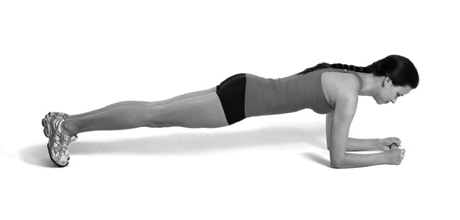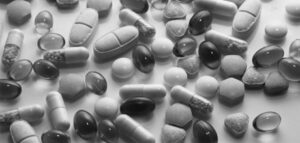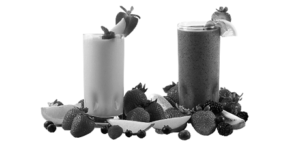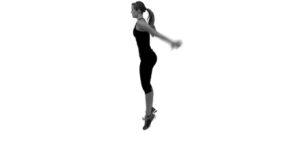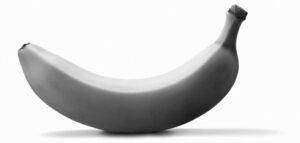
Oil pulling is an ancient Ayurvedic procedure that is said to boost oral and overall health by withdrawing toxins.
The procedure is pretty straightforward: take any vegetable oil, such as coconut, olive or sunflower, and vigorously swish it around your mouth for 20 minutes, then spit it out.
Don’t gargle, don’t swallow. Repeat daily. In simplified terms, by doing this, the oil purportedly cleans and detoxifies your mouth by binding with oral bacteria (hence, the “pulling” away of toxins from your mouth) that you later spit out with the oil, and the healthier mouth in turn leads to a bunch of other positive physical effects, like clearer skin, eased PMS, cleared allergies and alleviated migraines.
There are two beliefs as to why this may work: first, it’s thought that by swishing the oil like a mouthwash, it cleanses the mouth of bacteria due to its antimicrobial properties.
Secondly, once the procedure is done, the oil is thought to coat the surface of the teeth, creating a slippery barrier that prevents bacterial buildup.
Now, if you’re raising your eyebrows as to whether this silver bullet is actually real, you’re not the only one. Skeptics may think that swishing mouthwash would be the same as swishing oils, but the bacteria in our mouth is covered with a fat membrane and is attracted to the oil, so oil is far better at pulling.
Newbies may find it a bit unsettling to swish for such a long time, and may even feel gum soreness afterward. This is normal, as when toxins are aggravated – pulled out of their hiding spots – they tend to be irritant and cause discomfort just as they do inside the body when you do a detox or cleanse. The discomfort will pass after those first few days, so stick with it and it will be worth it!

